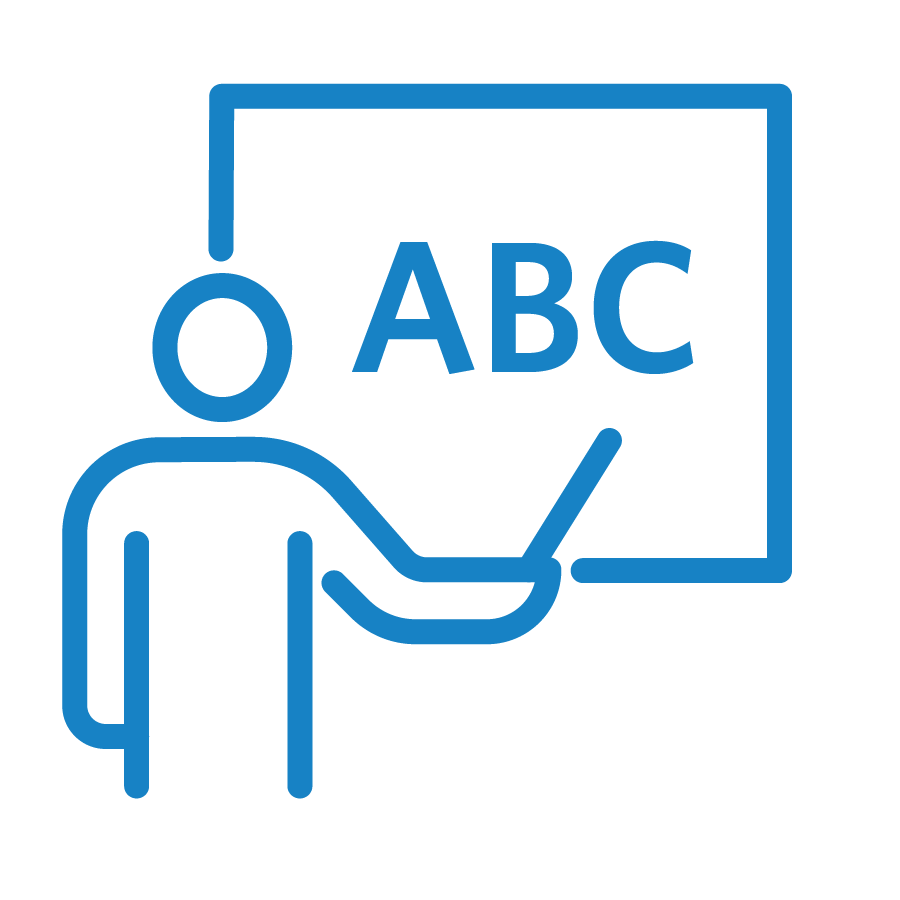Filter resources by:
Select a filter from the drop down menu to apply the filter. Page reloads upon selection

Aug 18, 2016
Executive Function and Focus
Sustaining focus (and effort) for long enough to complete a task, and shifting focus to a new task when appropriate are vital executive skills. Students who have difficulty sustaining and shifting focus benefit from being taught how to (and practicing) analyzing and breaking a task into sub-tasks or steps to follow. First, students need to
Read Strategy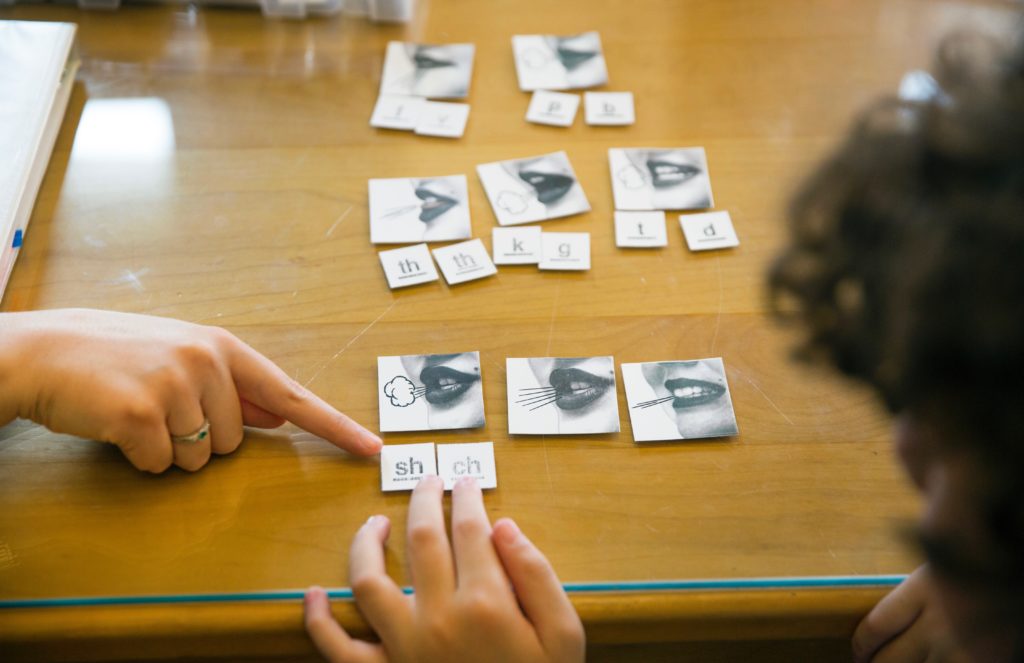
Aug 16, 2016
Categorizing as Practice and Review
Asking students to categorize information can help them practice and review and works towards helping them develop automaticity. Automaticity enables students to focus their attention on applying knowledge and skills in complex situations. While worksheets and drills provide practice, another activity that students enjoy is categorizing cards. This multisensory strategy for review and practice is
Read Strategy
Aug 13, 2016
Modeling Writing in Content Areas
To help students understand expectations for writing assignments, modeling writing in content areas can be beneficial. Providing models or templates for students does not mean doing an assignment for them. Models allow students to see what the teacher’s standards and requirements look like in a finished product, and offer them a point of comparison for
Read Strategy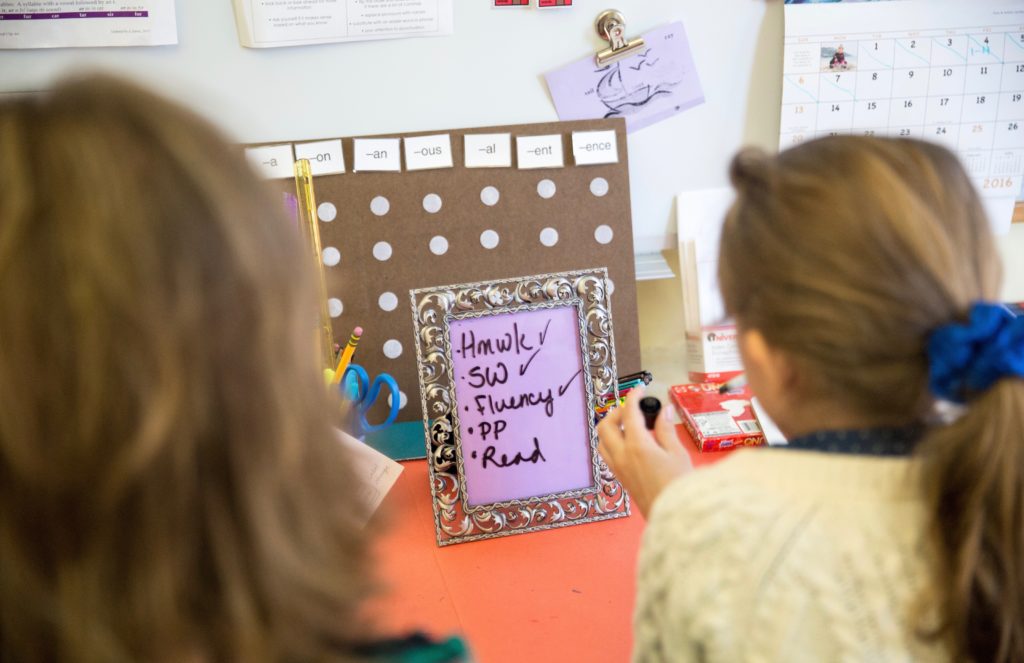
Aug 9, 2016
Routines for Success
Creating routines for success can help students engage in classroom activities. We often talk about students’ success in relation to assessments and assignments, but their success in classroom discussions is equally important. This resource shares classroom discussion strategies related to the first of Landmark’s Six Teaching Principles™, “Provide Opportunities for Success.” When teaching lessons, begin
Read Strategy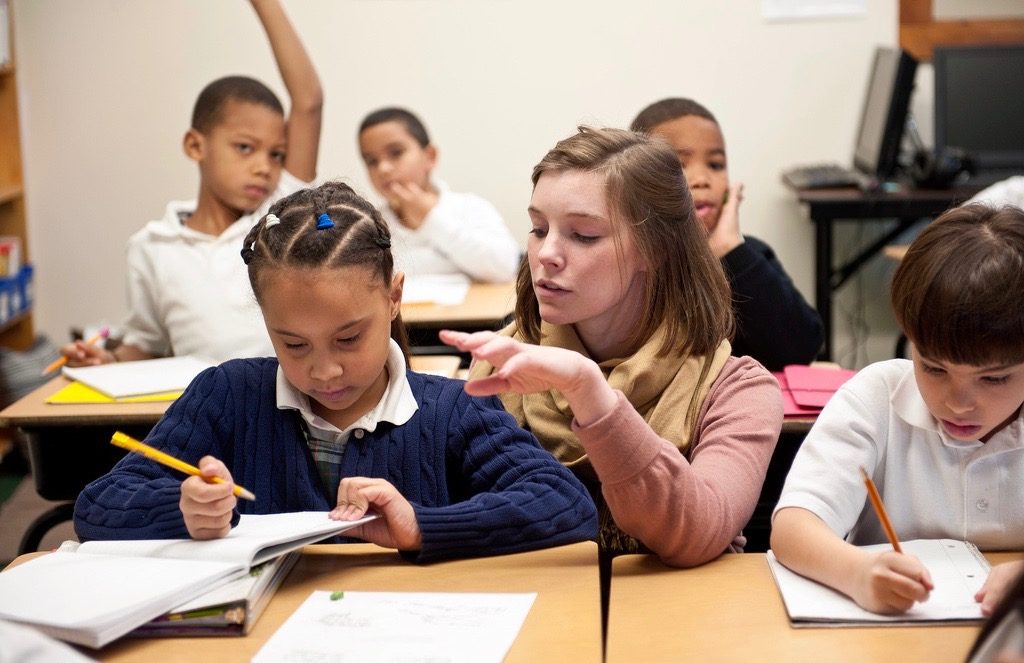
Aug 8, 2016
Micro-Uniting Units
Students often have difficulty managing language, connecting concepts, and staying focused on the goals of a content unit. As a first step toward increasing student success, teachers can micro-unit units or break units or chapters into manageable language and concepts and teach each piece step-by-step, further micro-uniting these components as needed throughout the instructional process.
Read Strategy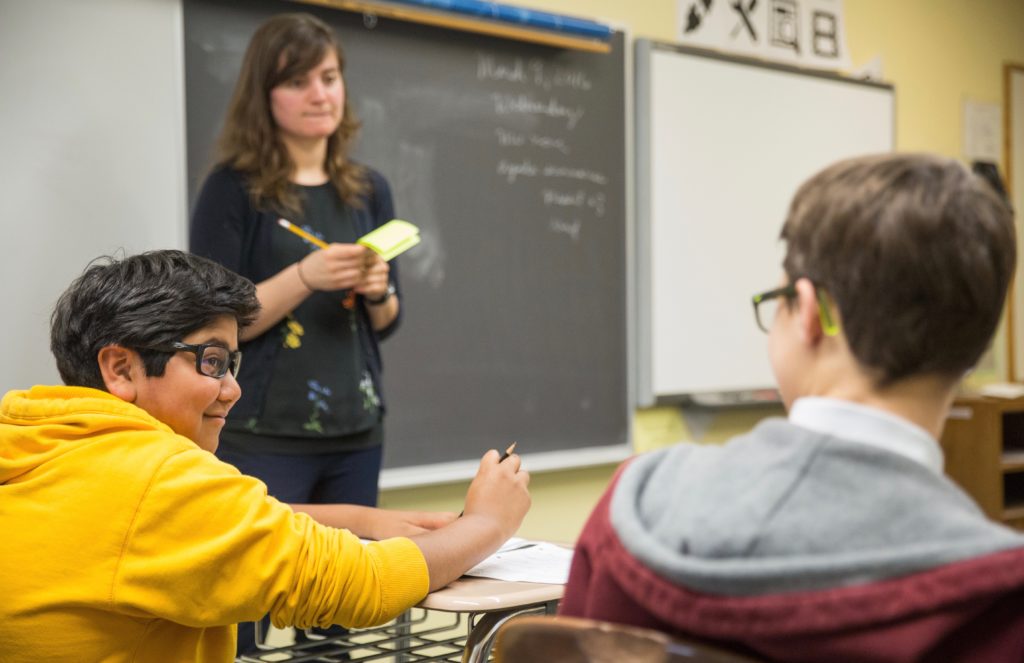
Aug 1, 2016
Ensure Automatization through Practice and Review
Automatic skills develop over time, with explicit instruction and repetitive practice. The real bonus of automaticity is that as we get “good” at something, our confidence and effectiveness increase far beyond that skill. Why? In addition to saving us time, automatic skills free up focus and working memory so we can engage in tasks requiring
Read Strategy
Jul 31, 2016
Micro-Unit and Structure Tasks
Micro-uniting and structuring tasks can help students with language-based learning disabilities complete assignments that meet classroom expectations. Poor work quality from students with learning disabilities most often reflects their lack of knowledge or skill. While it is true that some students don’t seem to put in the effort we’d like to see, it is most
Read Strategy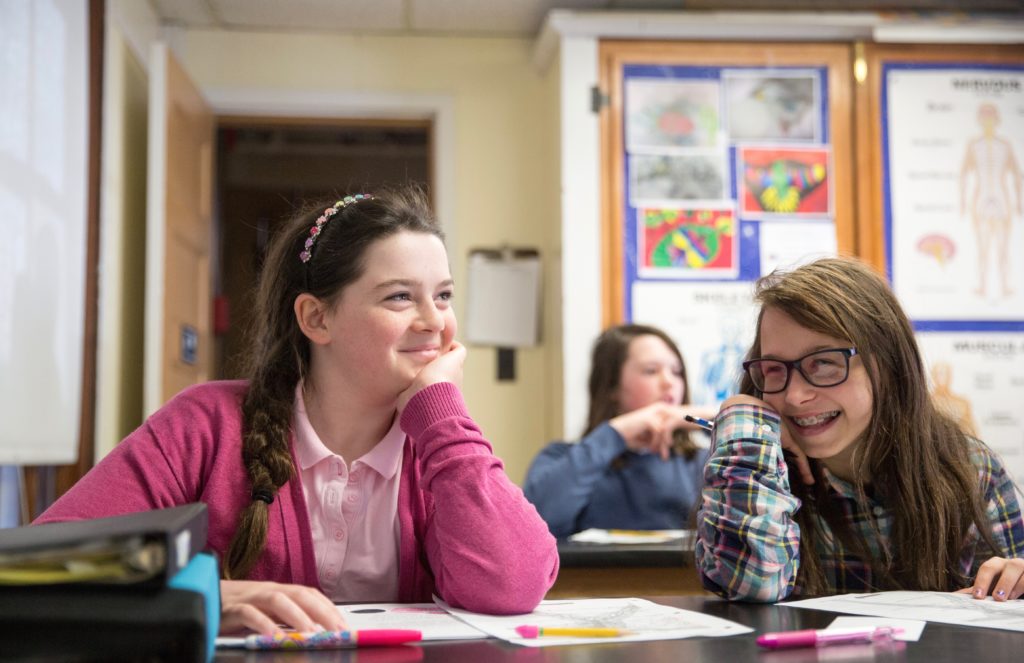
Jul 29, 2016
Provide Opportunities for Success
It is important to provide opportunities for success for all students. Landmark Outreach shares thinking and strategies that support all students’ efforts to become independent learners and develop a strong sense of self-efficacy. At the heart of Landmark’s instructional strategies and programs are Landmark’s Six Teaching Principles™. In a series of separate resources, Landmark Outreach
Read Strategy
Jul 26, 2016
The Research Writing Process
Updated February 13, 2023 Why do students with LD struggle with the research and writing process? In their review of recent research into writing interventions for students with learning disabilities, Amy Gillespie Rouse and Ashley Sandoval (2018) make the following observation: “Compared to their peers without learning disabilities, these students spend less time planning for
Read Strategy